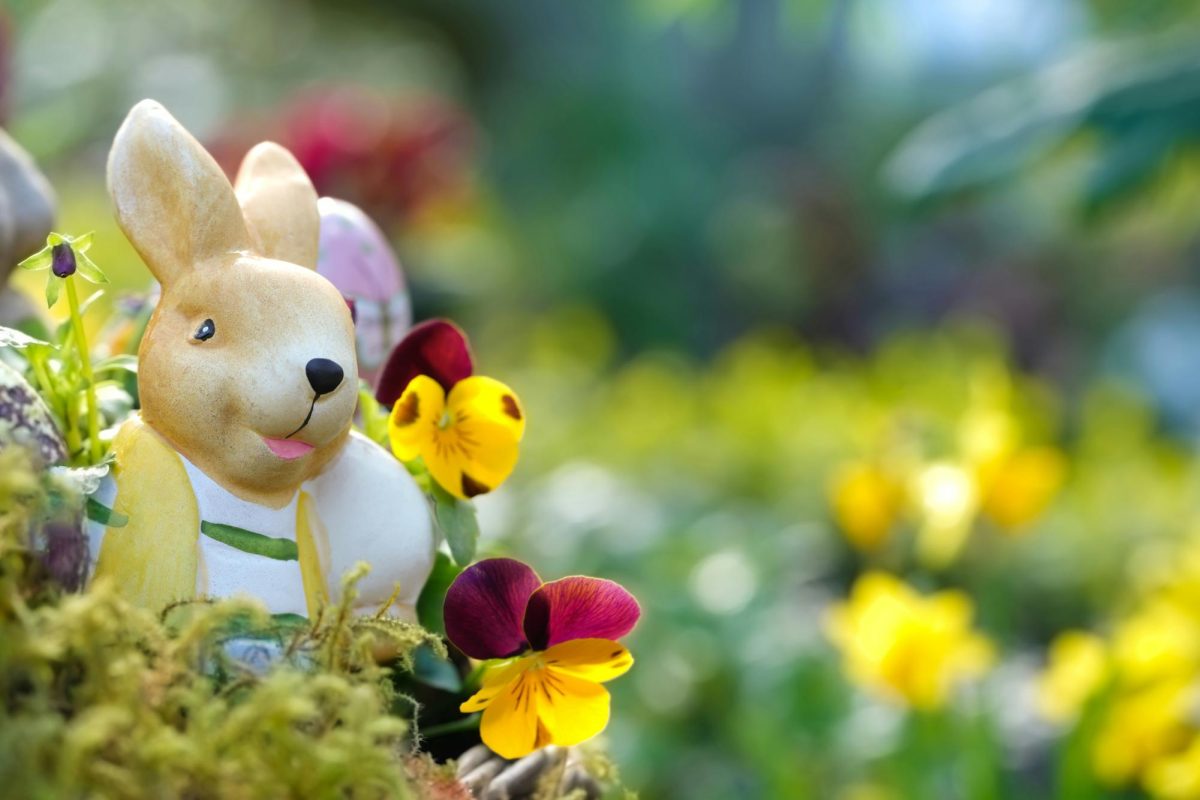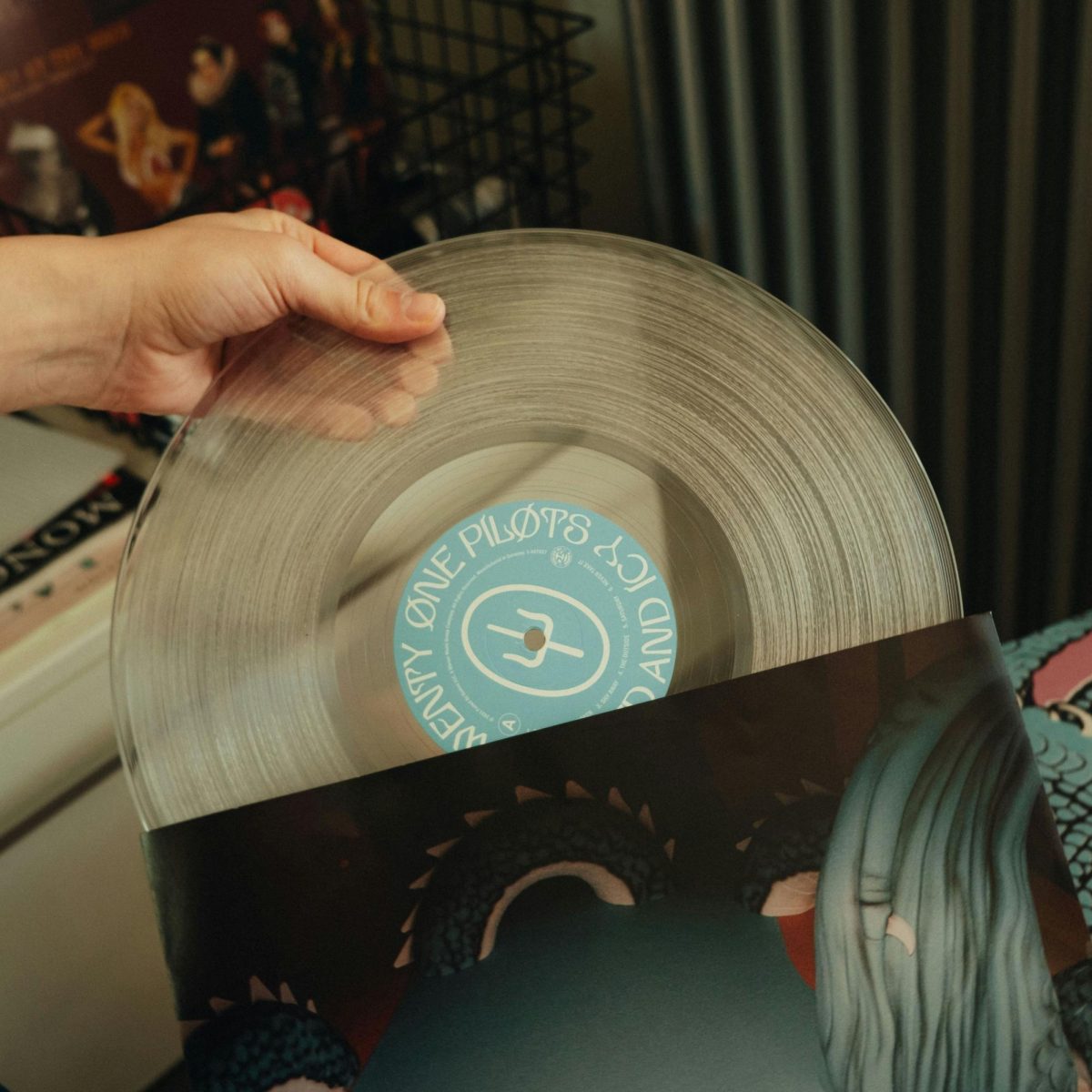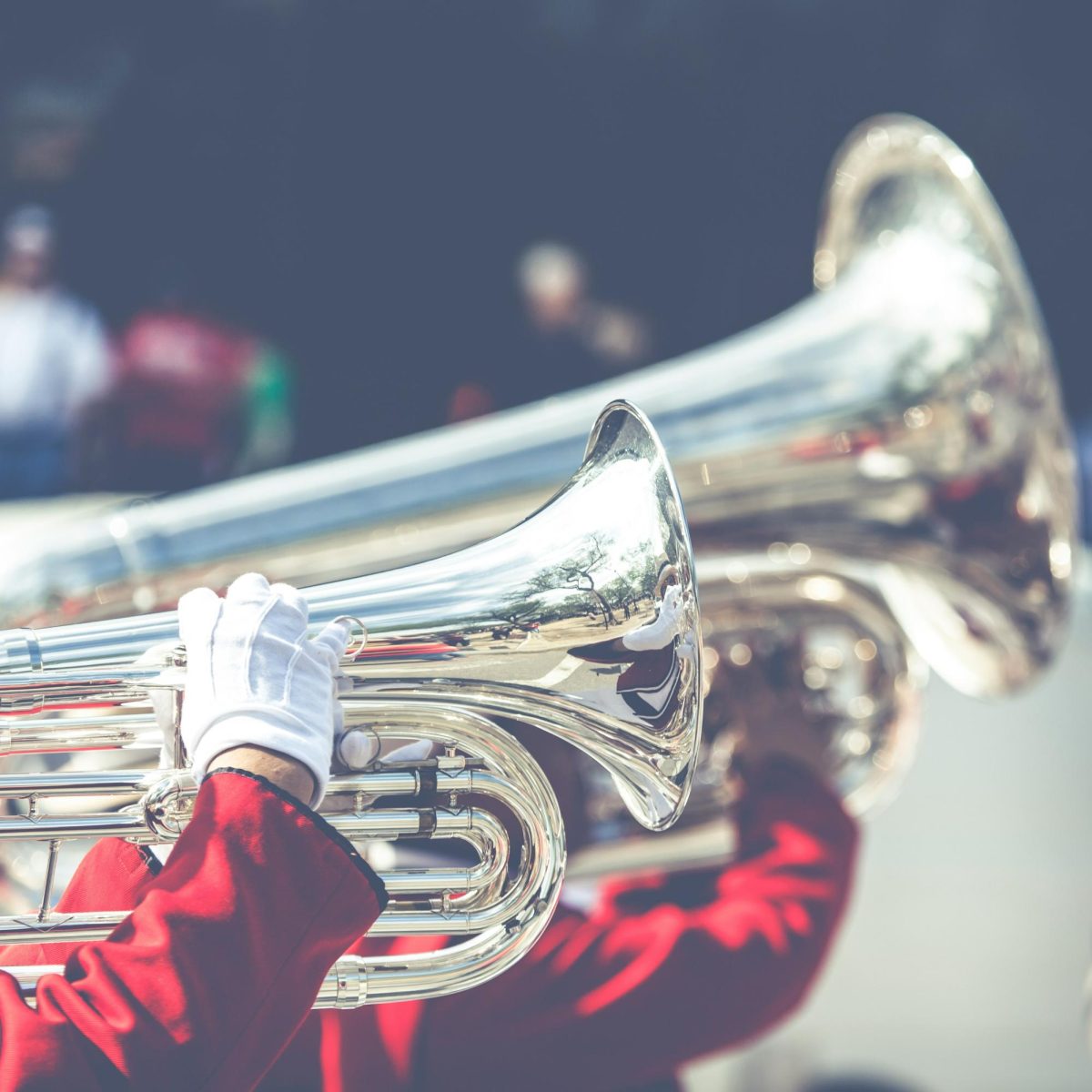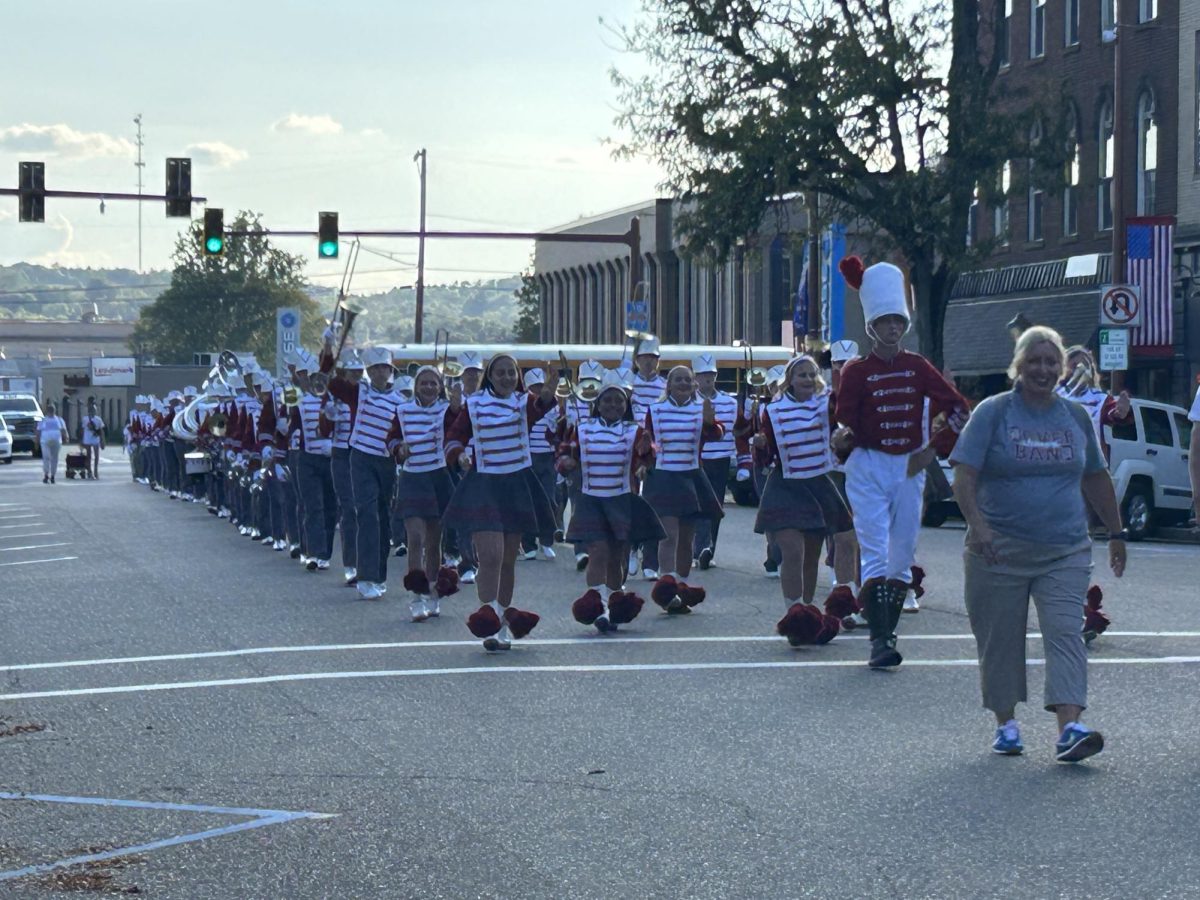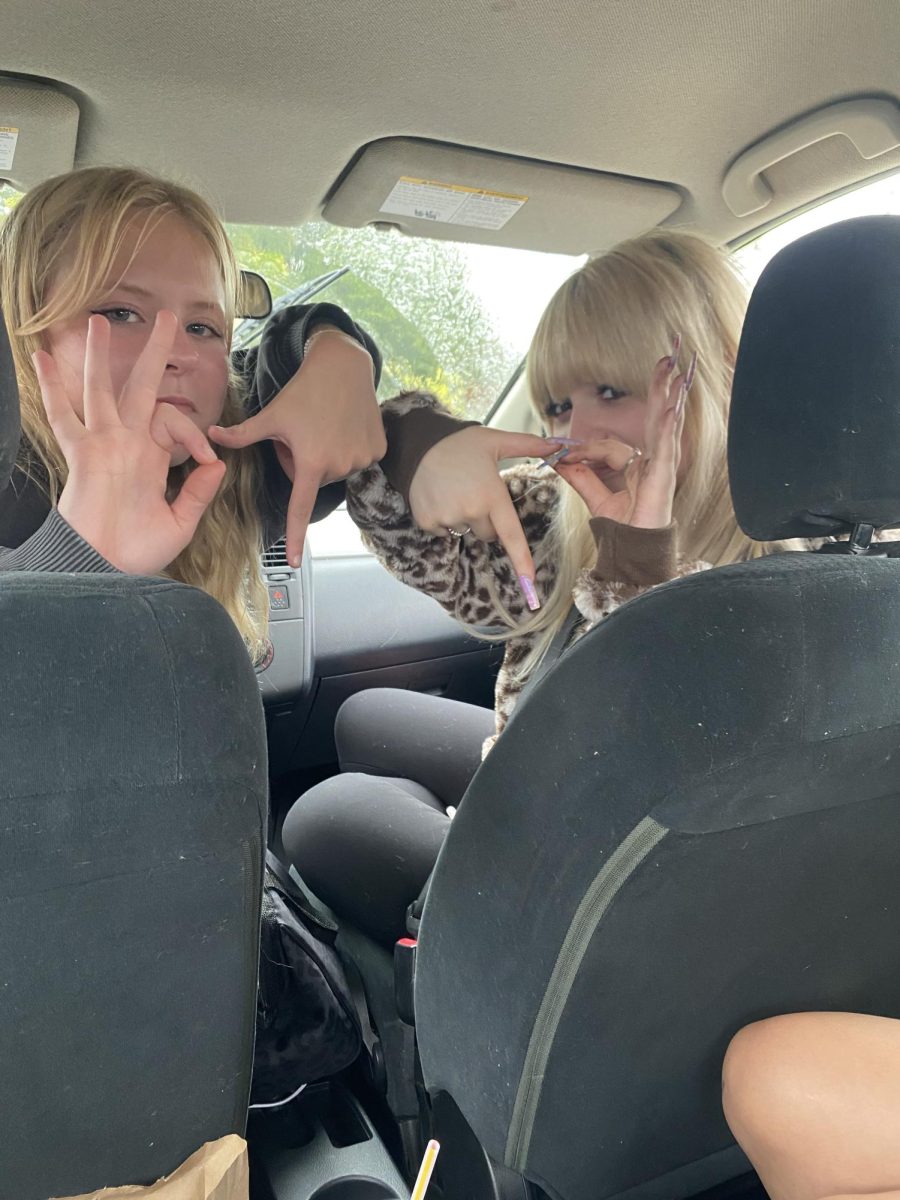Spring is full of blooming flowers and is very refreshing compared to the winter season. It adds a lot of color to what was previously just a white blanket of snow. One of the first holidays that occurs during this vibrant time is Easter. Easter is a Christian holiday that celebrates the resurrection of Jesus Christ, marking the end of Lent, a forty-day period of fasting and prayer, and the beginning of a season filled with hope and renewal. Typically, most holidays fall on the same date every year or during the same week of the year. However, Easter’s date varies significantly because it is determined by the lunar cycle. The holiday is set to occur on the first Sunday after the Paschal Full Moon, the first full moon after the vernal equinox. Sometimes it is easy to forget that other countries also celebrate the same holiday that the United States does. Easter, for instance, is celebrated in numerous countries, each with its unique traditions. Some of these traditions may be unfamiliar to people from other cultures. Before getting into additional countries, a refresher on some common traditions from America is decorating eggs and having egg hunts.
Before jumping into some other traditions, here is a little bit about each country. The first country is Sweden, located in Northern Europe. Then we’ll move over to Germany, located in Central Europe. Northwest of the European coast is the United Kingdom. Then we’ll wrap it up with Poland back in Central Europe.
Beginning with Sweden’s Easter tradition, it can be compared to trick or treating during the Halloween holiday. Sweden’s tradition is Easter witches. The idea is to dress up as a witch, go around to your neighbors, wish them a happy Easter, and in return get something sweet.
In Germany, bonfires are an Easter tradition. They are celebrated on Holy Saturday and Easter Sunday. The bonfire symbolizes discovering light through darkness.
The citizens of the United Kingdom enjoy baking hot cross buns. Hot cross buns are sweet, spiced buns marked with a cross on top. The cross on top is a good reminder to retell the story of Easter.
Poland enjoys having family water fights. Easter Monday, or as they call it, ‘Wet Monday,’ is a way to symbolize cleansing and renewal.
If one of these traditions also existed in the United States, which one would be the most preferred? This is the question that I’m going to ask some students from DHS. First is Natalie Shuba, who said, “I love the idea of water fights for a holiday. It just sounds like so much fun! You could do it with water balloons, water guns, or even buckets. It also has a deeper meaning, like a way to symbolize cleansing or renewal. I can definitely see people of all ages getting into it and having fun.” Next, I asked Vanesa Aguirre, and she told me, “Germany, though it has less of a religious purpose than the United Kingdom, still feels more tied to Easter. It overall sounds nicer, from my perspective. Poland’s and Sweden’s don’t feel as appropriate.”In my opinion, I would prefer Germany’s tradition of having a bonfire. I went camping a lot as a kid, which created the foundation for me to enjoy sitting by the fire and chatting with the people around me. Ultimately, traditions are what make Easter special to people globally. No matter how it is celebrated, Easter is a holiday that unites people together to embrace their religion.

